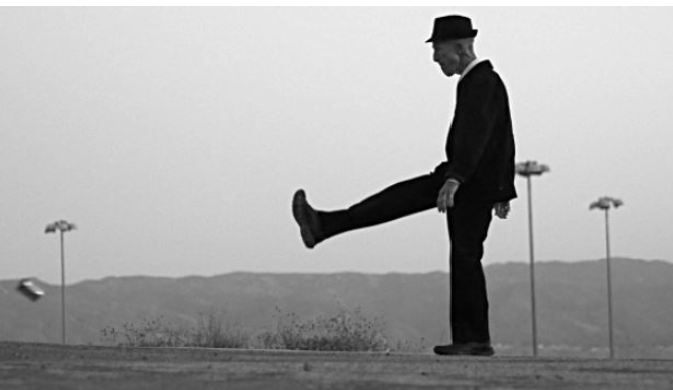Ankara has great expectations from the upcoming EU summit. While the official bid for eventual accession to EU is not dropped, Turkish politicians know full well that for the foreseeable future, this is a dream. Yet, there is a much more pragmatic issue at stake. Turkey desperately needs to update the 1995 Customs Union Treaty which has become nearly obsolete. Moreover, the current treaty disadvantages Turkish businesses vis-a-vis those of countries or economic blocs which have signed free trade agreements with EU in the interim.
Dorian Jones, writing for RFI states: “Turkey’s decades-long bid to join the European Union will be back on the agenda as EU leaders meet at a summit later this month. They are also expected to focus on Ukrainian membership as part of an eastward drive”.
“It’s going to be an historic summit in itself for the EU, where decisions on possible openings towards Ukraine, Moldova and Georgia as well are going to be decided,” Sinan Ulgen of the Istanbul-based Edam think tank told RFI.
But such a significant and expensive eastward drive raises questions over Turkey, whose application to join the European bloc is at a standstill amid concerns over democratic governance and human rights.
“The EU leaders will also need to answer the question about what they are willing to do with Turkey. How willing are they to engage with Turkey when they are making this historic opening towards potential new members in the east?” Ulgen asked.
Turkey’s bid to join the EU has remained in the deep freeze over Turkish President Recep Tayyip Erdogan’s increasingly authoritarian rule.
Strengthened by a new electoral mandate in May, Erdogan is continuing his crackdown on dissent and tightening his grip on power.
However, the Turkish leader is expected to bring with him a list of demands when he attends the EU summit, including visa liberalisation and calls for a new trade deal.
European leaders may be looking for compromise rather than confrontation, given that Erdogan is set to remain in power for the foreseeable future.
“Especially after the elections in Turkey, the EU is looking for new ways of having a more constructive and less acrimonious relationship with Turkey,” predicts Berktay Mandirci, a senior analyst with the International Crisis Group.
The modernisation of the customs union, for example is in the interest of both the EU and Turkey, he says.
But Mandirci warns that the realities of Turkey can’t be ignored: “The human rights situation in Turkey and the democratic backsliding in Turkey always come up in discussions within the EU.”
There are significant obstacles to Erdogan’s EU demands – such as the reticence of European far-right parties, most recently in the Netherlands, who are deeply opposed to visa liberalisation with Turkey.
Meanwhile, a new customs trade deal with the EU has a human rights requirement.
But Erdogan retains powerful leverage given Turkey’s strategic location, bordering the Middle East and sharing the Black Sea with Ukraine and Russia, which means the EU can ill afford to alienate Ankara.
“The repercussions will be more in terms of the opportunity lost,” says Ulgen.
“It might have turned into a closer diplomatic partnership to address some of the regional crises. It might also mean working together for the construction and reconstruction of Ukraine.
“But all of these opportunities will be lost if this estrangement between Turkey and the EU continues.”
Erdogan is expected to remind EU leaders of Turkey’s role as gatekeeper to migrants seeking to enter Europe. At the same time, Ankara has yet to agree to allow Sweden to join Nato.
For the European Union, the seemingly endless conundrum about what to do with Turkey will be the elephant in the room at the Brussels summit.
“There is no realistic perspective for EU membership in light of the democratic backsliding and all the developments that have been taking place in the country in the last few years,” says Ioannis Grigoriadis at the Hellenic Foundation for European and Foreign Policy.
Grigoriadis believes that reassessing the future of Ankara’s bid is long overdue, especially as the EU considers a new wave of accession, but warns such a conversation is likely to be uncomfortable, if it goes ahead at all.
Like in previous EU summits, the expectation is that contentious issues to do with Turkey will be postponed in the hope that future commitments to Ankara will be enough to avoid a confrontation with Erdogan and keep Turkey on side – or, in other words, the can will be kicked down the road again.
Follow our English language YouTube videos @ REAL TURKEY: https://www.youtube.com/channel/UCKpFJB4GFiNkhmpVZQ_d9Rg
And content at Twitter: @AtillaEng
Facebook: Real Turkey Channel: https://www.facebook.com/realturkeychannel/
